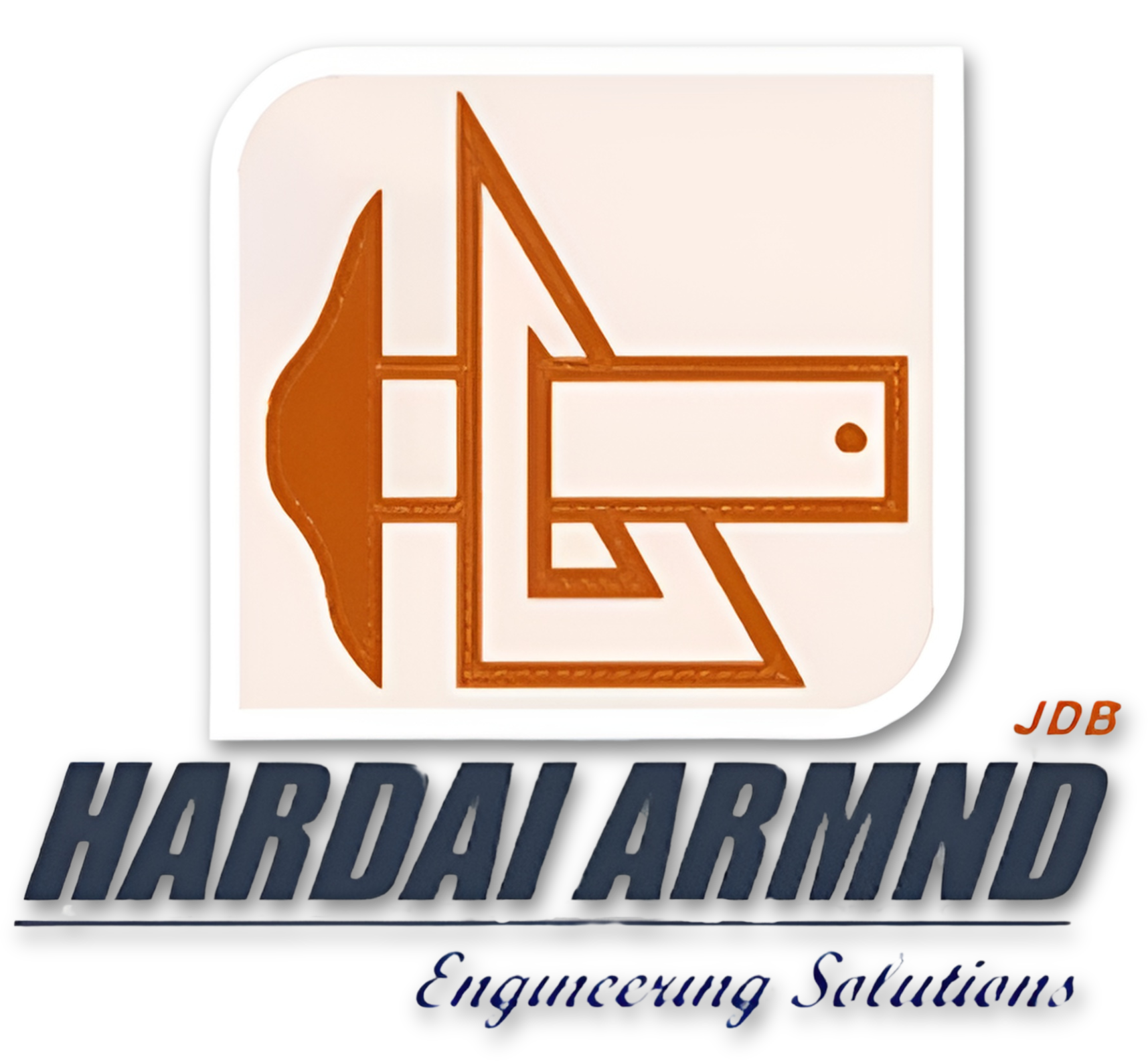MoS2 Coating on Bearings : Reduce Friction & Wear
- Home
- MoS2 Coating on Bearings : Superlubricity & Friction Reduction
Enhance durability with MoS2 Coating on Bearings
The relentless friction within rotating machines presents a significant challenge to efficiency, longevity, and overall performance. The constant rubbing between surfaces, particularly in bearings, generates heat, eats away at materials, and drains energy. Addressing this issue effectively is crucial, and the realm of advanced materials science has yielded compelling solutions, most notably the application of Molybdenum Disulfide (MoS2) dry film lubrication coatings. These coatings provide a means to significantly reduce friction and extend the operational lifespan of critical components.
Understanding the Problem: Friction and Its Consequences
Bearings, essential components in a wide range of rotating machinery from electric motors to turbines, are constantly subjected to high levels of contact stress. This friction between the bearing surfaces and the rotating components leads to several detrimental effects. First, frictional losses translate directly into wasted energy, impacting the machine’s overall efficiency. Second, friction generates heat, which can cause accelerated wear and tear on the bearing materials, potentially leading to premature failure and costly downtime. Finally, excessive friction can contribute to vibrations that decrease precision and potentially damage other parts of the machine.
The Power of MoS2 Coating on Bearings : A Super-Lubricant Unveiled
Molybdenum disulfide, a layered, two-dimensional material, is at the heart of many dry film lubrication solutions. Its unique structure is key to its exceptional lubricating properties. Imagine a deck of cards; the individual cards (representing MoS2 layers) slide easily over each other, even under significant pressure. This ‘slippery’ characteristic arises from the weak Van der Waals forces between the layers, allowing for remarkably low friction coefficients. This inherent behavior makes MoS2 an ideal choice for significantly reducing frictional resistance.
MoS2 Coating on Bearings : A Superior Approach
Unlike traditional wet lubricants like oils and greases, MoS2 is often applied as a dry film lubrication coating. This provides distinct advantages. Firstly, dry film coatings are not reliant on constant replenishment; they adhere directly to the component surface, creating a long-lasting lubrication barrier. Secondly, dry film lubricants excel in extreme environments, particularly where high temperatures, vacuum, or aggressive chemicals would degrade other lubrication methods. They are extremely robust and can withstand immense pressure as well. This robustness contributes to improved bearing performance and longer operational life. Thirdly, these coatings help reduce the risk of contamination that can be a common risk when fluid lubricants are used.
Benefits in Rotating Machines: Applications and Performance
The application of MoS2 dry film lubrication coatings in rotating machines translates into tangible benefits. These coatings minimize friction within the bearing, leading to reduced energy consumption and improved overall efficiency. The lowered friction also facilitates less heat generation, contributing to increased component lifetime and reducing the likelihood of premature failures. Furthermore, reduced friction leads to smoother operation and quieter machines, enhancing their performance and reliability. The MoS2 coating ensures a very clean application as the coating does not attract dust particles and contaminates within the bearing or machine. Application areas are broad and include roller bearings, ball bearings, and even gears, making the technology extremely versatile.
The Future of Friction Reduction: Ongoing Research
The research surrounding MoS2 and other advanced lubricant technologies continues to evolve. Scientists and engineers are continuously refining coating processes, exploring new formulations, and investigating ways to enhance the material properties of MoS2 for even greater performance benefits. This ongoing research is dedicated to optimizing the frictional behavior, the chemical stability and the thermal resistance of the coatings. As this work progresses, we can expect to see even better performance in rotating machinery, contributing to greater efficiency, longer lifespans, and more reliable operations across a wide range of industries. The super-lubricity offered by MoS2 is already changing the landscape of bearing technology, and its impact will only continue to grow.
Rotating machines, vital components across diverse industries, from aerospace to manufacturing, rely heavily on the smooth, efficient operation of bearings. Bearing failure can lead to costly downtime, reduced productivity, and equipment damage. Traditional lubricants, while effective, can degrade over time, require regular maintenance, and contribute to environmental concerns. Enter molybdenum disulfide (MoS2), a remarkable compound exhibiting exceptional lubrication properties and emerging as a game-changer in bearing technology. This article explores the advantages of using MoS2 dry film lubrication in rotating machines, focusing on its super-lubricity and ability to reduce friction effectively.
The Promise of Super-Lubricity: Understanding MoS2
Molybdenum disulfide (MoS2) is a layered compound, similar in structure to graphite, consisting of molybdenum atoms sandwiched between layers of sulfur atoms. This unique atomic arrangement gives MoS2 its remarkable lubricating properties. The weak Van der Waals forces between the sulfur layers allow them to easily shear past each other, resulting in exceptionally low friction. In the context of bearings, this translates to reduced energy consumption, lower operating temperatures, and extended bearing lifespans. Its dry film nature is particularly advantageous, eliminating concerns about oil leaks and contamination, while also providing consistent lubrication across a wide range of operating conditions, including extreme temperatures and vacuum environments.
Dry Film Lubrication: Advantages over Conventional Methods
Traditional lubrication methods, such as oil-based lubricants and greases, have limitations. They can attract contaminants, leading to abrasive wear. They also require frequent application and disposal, impacting maintenance schedules and environmental responsibility. MoS2 dry film lubrication, on the other hand, offers significant advantages. Firstly, the thin, conformal coating adheres directly to the bearing surfaces, providing a consistent and long-lasting lubricating film. This eliminates the need for frequent re-lubrication, reducing maintenance costs and downtime. Secondly, the dry nature of the lubricant prevents the accumulation of dust and debris, further


Leave A Comment